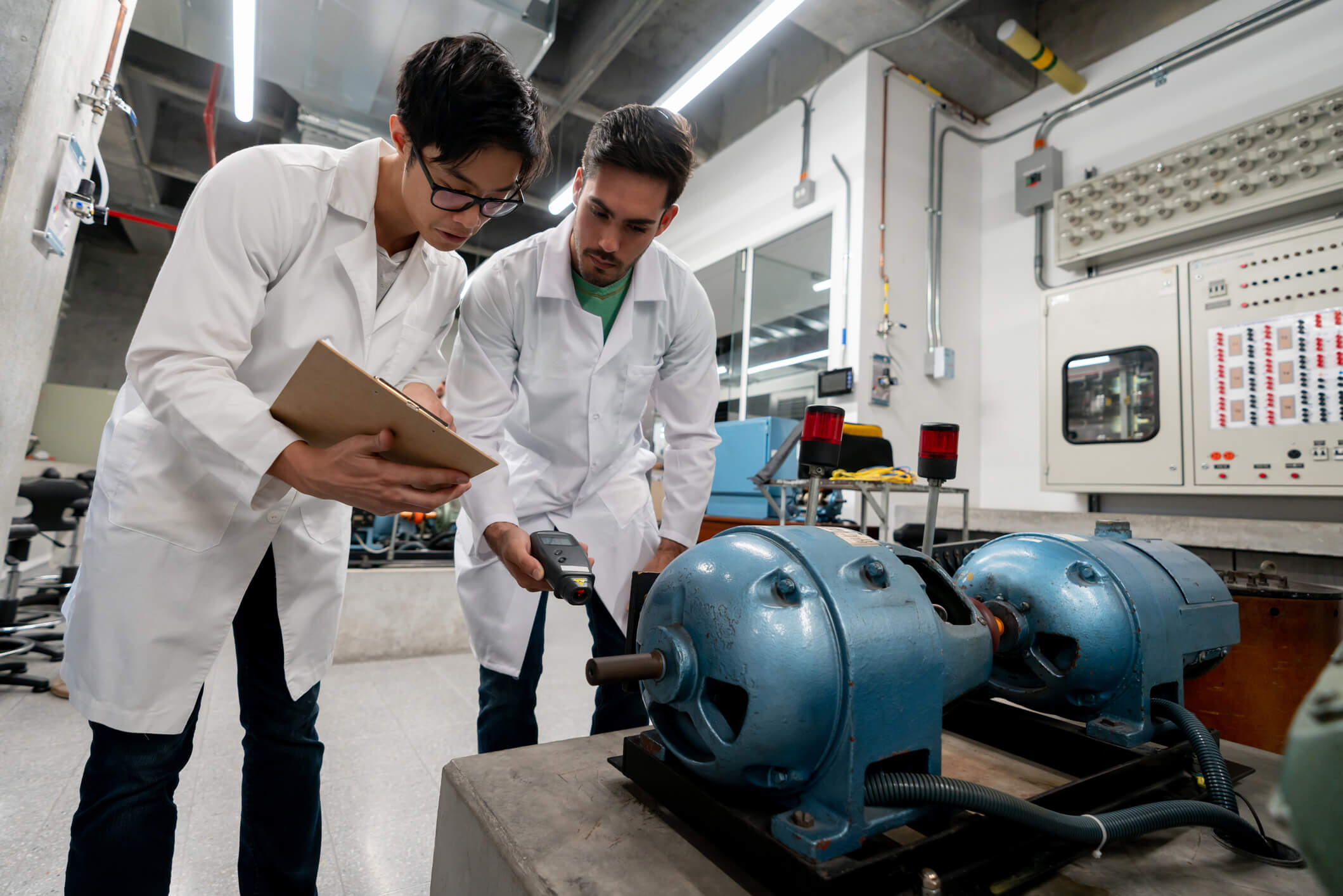
Last Updated: 15 Jul 2020 Engineering culture gap for Japanese firms
One of the greatest challenges facing Japanese firms in manufacturing, high tech, and engineering is cultural gaps concerning the management and utilization of engineers. Engineering culture in Japanese organizations is distinctive, and methods used to manage engineers in Japan often do not meet the expectations of non-Japanese engineers. This results in disruptive high turnover rates, and difficulty transferring technology. Also, the difficulty integrating non-Japanese engineers into the organization places a huge burden on the limited number of Japanese engineers.
In this article, I will examine some of the issues which emerge when American engineers work at Japanese companies in the U.S. Many of these same issues occur at Japanese companies’ operations in other countries as well.
Recognition of technical ability
Engineering is typically one of the most difficult courses in an American university. After having survived the various “weed-out courses,” American engineers tend to feel that their effort and investment in their schooling should be recognized in the working world. They expect to be involved in exciting, cutting-edge work soon after graduation.
In contrast, in Japanese organizations, it’s typical for fresh engineering graduates to be given “helper” type tasks, more similar to what would typically be given by “technicians” (technical personnel who do not have the same educational qualifications as engineers). There is a feeling that young engineers need to observe and assist more experienced engineers for a long time before they are ready to tackle complicated work on their own. This attitude can be quite disappointing to American engineers, who expect to be assigned to projects that utilize the skills developed during their education
Suggested countermeasures for Japanese organizations
· Hire sufficient technicians to handle technician-level work, so that it does not need to be assigned to engineers.
· Make an effort to give newly-hired engineers key project tasks and challenging assignments.
· Assume that newly-hired engineers are competent and capable of handling important work right away.
· Respect the skills of younger engineers, and be careful that training is not perceived as condescending.
At the center of cutting-edge activity
One of the things that drives American engineers is the thirst for professional challenge — opportunities to use their skills on cutting-edge issues, and to be an integral part of a company’s work. Many American engineers at Japanese firms are frustrated by the control that their Japanese colleagues hold over the engineering process. When crucial decisions are made solely by the Japanese engineers stationed in the U.S., or by those based in Japan, American engineers feel that they are not at the center of what is happening. Such concerns are further exacerbated when the decisions that are made by Japanese engineers are not quickly transmitted to American engineers
Suggested countermeasures
· Involve American engineers in key meetings and the decision-making process.
· Keep American engineers informed of important decisions.
· Utilize a technical translator (either in-house or an external freelancer) to help manage the flow of technical information.
Openness to new ideas
Although Japanese engineering techniques are obviously excellent, in some cases an American engineer may know of a more sophisticated or efficient technique for a given problem, based on their training or something learned at a previous employer. In many cases, there is a reluctance by Japanese engineers to take such suggestions from American engineers, preferring to rely on the techniques that the company has been using in Japan and that the Japanese engineers are familiar with. This lack of willingness to try something new and listen to suggestions is extremely aggravating to Americans engineers, and makes them feel that the skills they bring to the table are not valued.
Suggested countermeasures
· Japanese engineers should be made aware that the style of engineering work and specific approaches are often different between Japan and the U.S. They need to value these differences and learn from what their American colleagues have to offer, rather than expect American colleagues to conform to a purely Japanese working style.
· Japanese engineers should have an open mind toward new ideas, and not reject something out of hand just because it is different than how the company does it in Japan.
Good facilities and equipment
Any professional loves good equipment that helps them do their job better, and engineers are no exception. However, the corporate culture of many Japanese manufacturing facilities and offices is one of austerity, and that often extends to engineering equipment, not to mention a Spartan office décor. This is often quite disappointing to American engineers, especially when they compare their office environment with what would be typical at many American companies.
Suggested countermeasures
· Poll engineers to determine equipment, hardware, and software needs, and obtain budget to make necessary purchases.
· Place more emphasis on office environment and aesthetics. Remember that this effects quality of life.
Work/life balance
Many American engineers have the approach of working intensively during the day so that they can finish their work efficiently and go home at a reasonable hour. They are willing to put in extremely long hours when there is an emergency, but not on a regular basis over an extended period of time. In contrast, many Japanese engineers work extremely long hours on a routine basis, and may expect, or appear to expect, that their American colleagues do the same.
Suggested countermeasures
· De-emphasize face time, and instead emphasize productivity.
· Institute a flex-time system.
· Adopt a weekly no-overtime day that applies to everyone. Let the head office know about it too, so it won’t expect phone calls on that day.
· Encourage Japanese engineers to keep a better work/life balance.
Feedback and recognition
Like other American professionals, American engineers crave positive feedback — a thank you or praise for a job well done. However, in Japanese corporate culture, such verbal expressions of appreciation are rare. This often leaves American engineers feeling that they are not valued.
Suggested countermeasures
· Train managers, especially Japanese ones, in positive feedback skills.
· Establish a system to publicly recognize and thank individuals and teams who have made significant contributions.
· Schedule festive events to celebrate accomplishments and thank the entire team for their hard work. (In other words, a little pizza can go a long way!)
Related articles
Culture beats policies for sexual harassment prevention
I have noticed a significant increase in the numbers of Japanese companies asking me for support in
Which comes first, communication or values?
Several years ago, I developed a simple model to show how Japanese companies could built trust in th
Purpose should come from within, but also from outside Japan HQ
Recently an HR director for a Japanese financial services company in Europe told me that he had been




